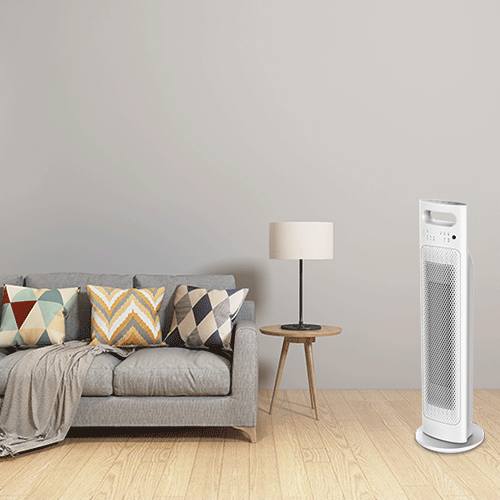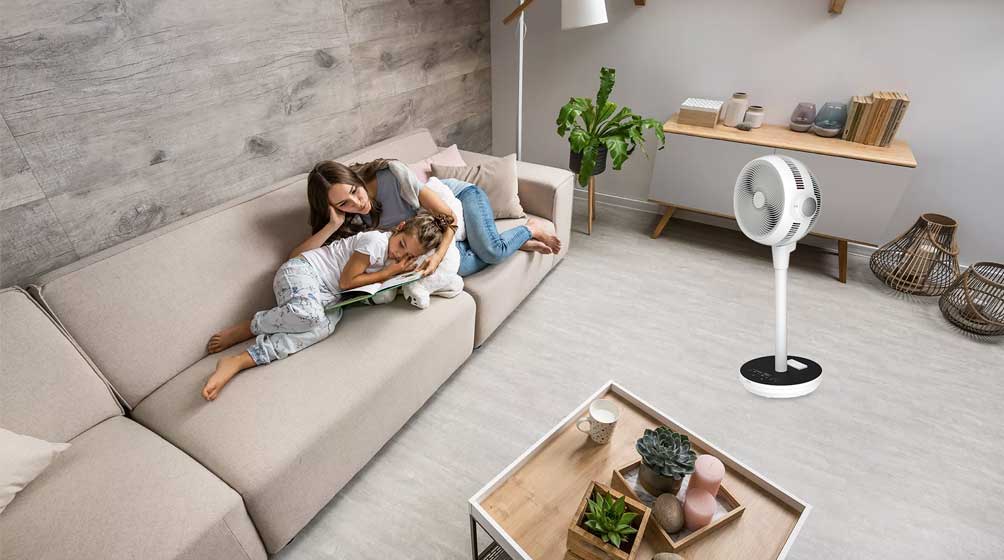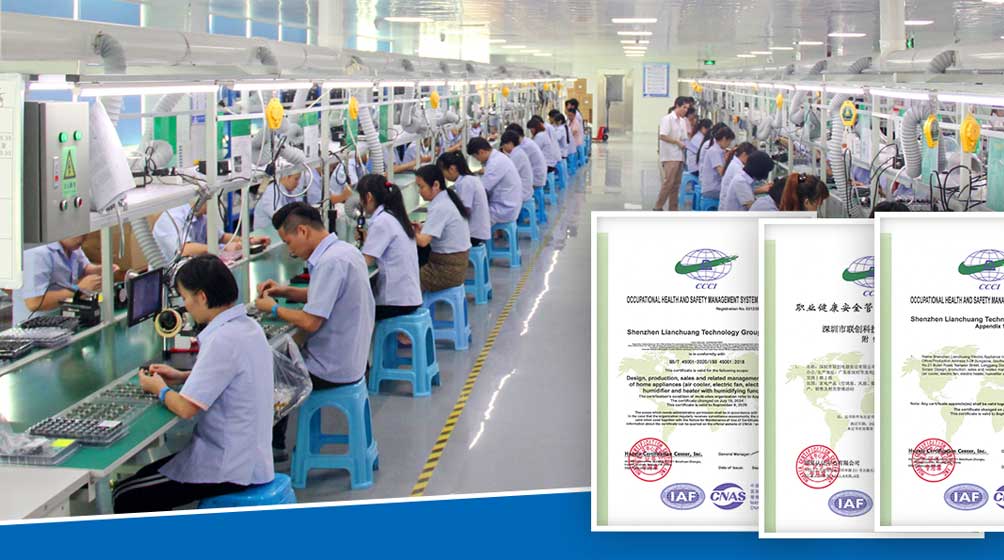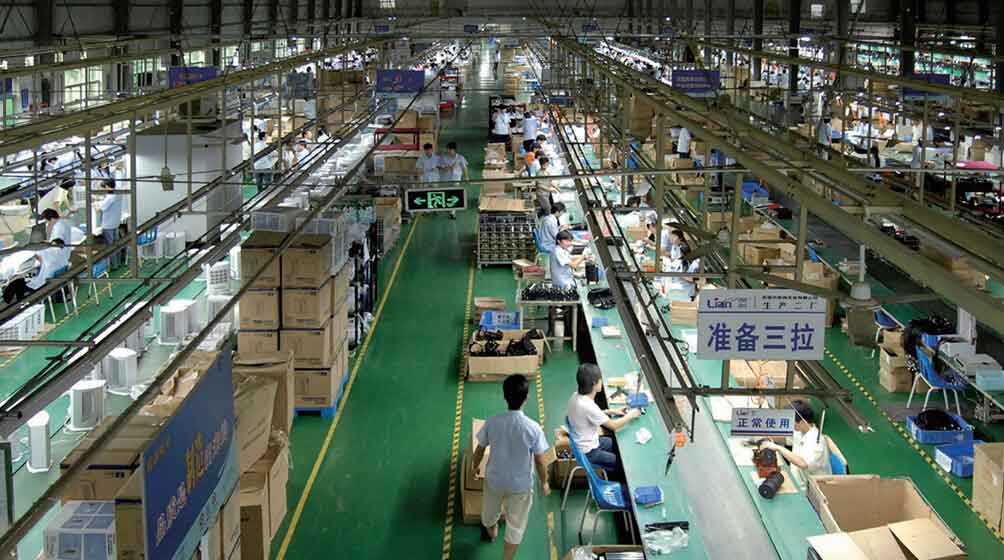How about a portable water heater? Is it safe?

Liby

1308 views

October 10, 2024
Portable water heaters have become increasingly popular in recent years, particularly among campers, RV enthusiasts, and those who enjoy outdoor activities. These devices offer the convenience of hot water on demand, making them an attractive option for a variety of situations, from showering while traveling to cleaning dishes at a campsite. However, as with any appliance, it is essential to consider how well they work and whether they are safe to use.

Understanding Portable Water Heaters
Portable water heaters are compact and lightweight, designed to heat water quickly and efficiently without the need for a permanent installation. They typically operate using electricity or propane, although some models may combine both energy sources. The main types of portable water heaters include tankless models, which heat water on demand, and tank-style models that store a small amount of heated water for immediate use. Each type has its pros and cons, and their effectiveness often depends on the specific needs and circumstances of the user.
How Do Portable Water Heaters Work?
Tankless portable water heaters work by passing cold water through a heating element, which then heats the water on the fly, providing a continuous supply without the need for a storage tank. This design means that users can enjoy an endless hot water supply as long as the unit is functioning correctly and has a sufficient power source. These heaters are particularly advantageous for users who require hot water for short periods, such as showering or washing hands.
On the other hand, tank-style portable water heaters function similarly to traditional water heaters, storing a preset amount of hot water in an insulated tank. Users must wait for the tank to reheat after hot water is used up, making these models less convenient for continuous use. However, they often provide a stronger flow rate, making them a better choice for multiple users needing hot water simultaneously.
Performance and Efficiency
The effectiveness of portable water heaters can vary widely based on the model's specifications, energy source, and water flow demands. Generally, tankless models are more energy-efficient because they only heat water as needed, whereas tank-style heaters consume energy even when the stored water isn’t in use. Nonetheless, the energy efficiency of a water heater can also depend on factors such as the temperature of incoming water and the desired output temperature.
When evaluating the performance of portable water heaters, it’s essential to consider the expected usage. For instance, a family camping trip might require a heater that can provide hot water for dishes, showers, and other needs, while an individual traveling in an RV might only require a simple setup for quick tasks. Understanding the expected flow rate and temperature requirements can help users select an appropriate model.
Safety Considerations
While portable water heaters offer convenience, safety is a paramount concern when using any appliance that heats water. Several potential hazards exist, including electrical shocks, burns, and fires. Here are important safety considerations to keep in mind:
1. Electrical Safety: For electric models, ensure that the unit is used according to the manufacturer's instructions. Always check the electrical cords and connections for wear and damage before use. It's also crucial to avoid using extension cords, as they can pose a risk of overheating or electrical fires.
2. Propane Use: With propane-powered water heaters, users should ensure proper ventilation to prevent the accumulation of harmful gases. It’s also important to store propane cylinders safely and away from heat sources. Regularly check for leaks using soapy water, which will create bubbles at leak points.
3. Temperature Control: Many portable water heaters allow users to adjust the water temperature. It is essential to set the temperature to avoid scalding injuries, particularly for children or elderly users who are more susceptible to burns. Ideally, the water temperature should not exceed 120°F (49°C) to minimize the risk of burns.
4. Water Heater Location: When using a portable water heater outdoors, ensure it is set up on a stable surface, away from combustible materials, and not exposed to rain or excessive moisture. Inside an RV or other small spaces, place the unit where users can monitor it while in use.
5. Emergency Shut-off: A significant safety feature in electric heaters is the automatic shut-off, which activates when the water reaches a certain temperature or if the unit experiences malfunction. Always verify that this feature works correctly before the first use.
Conclusion
Portable water heaters can be incredibly effective and convenient for those needing hot water away from home. They are suitable for a range of applications, from camping and RVing to temporary outdoor setups. However, users must prioritize safety by understanding how the units operate, adhering to manufacturer guidelines, and taking necessary precautions to prevent accidents.
Before purchasing a portable water heater, evaluating your hot water needs and understanding the various models available in the market is crucial. By doing so, you can ensure that your investment meets your requirements while keeping safety as a primary concern. With proper usage and attention to safety, a portable water heater can enhance your outdoor experiences by providing the comfort of hot water anywhere you go.
Share:









